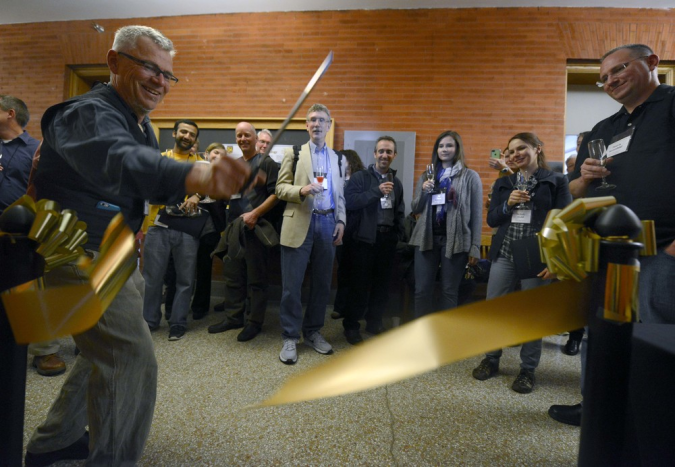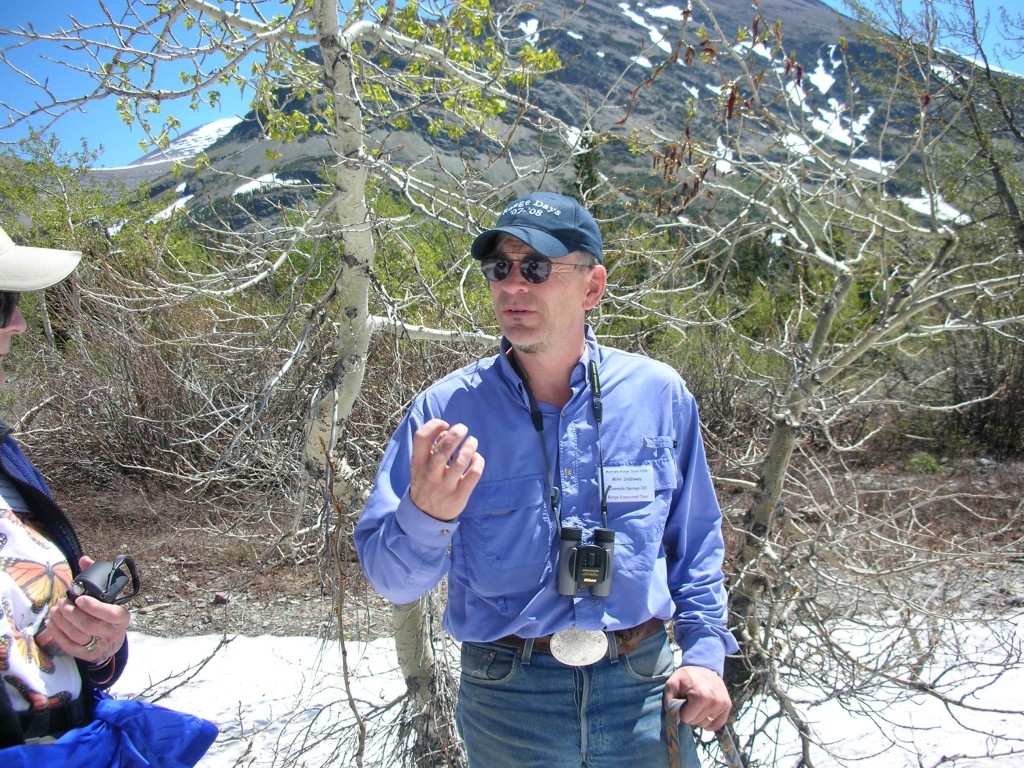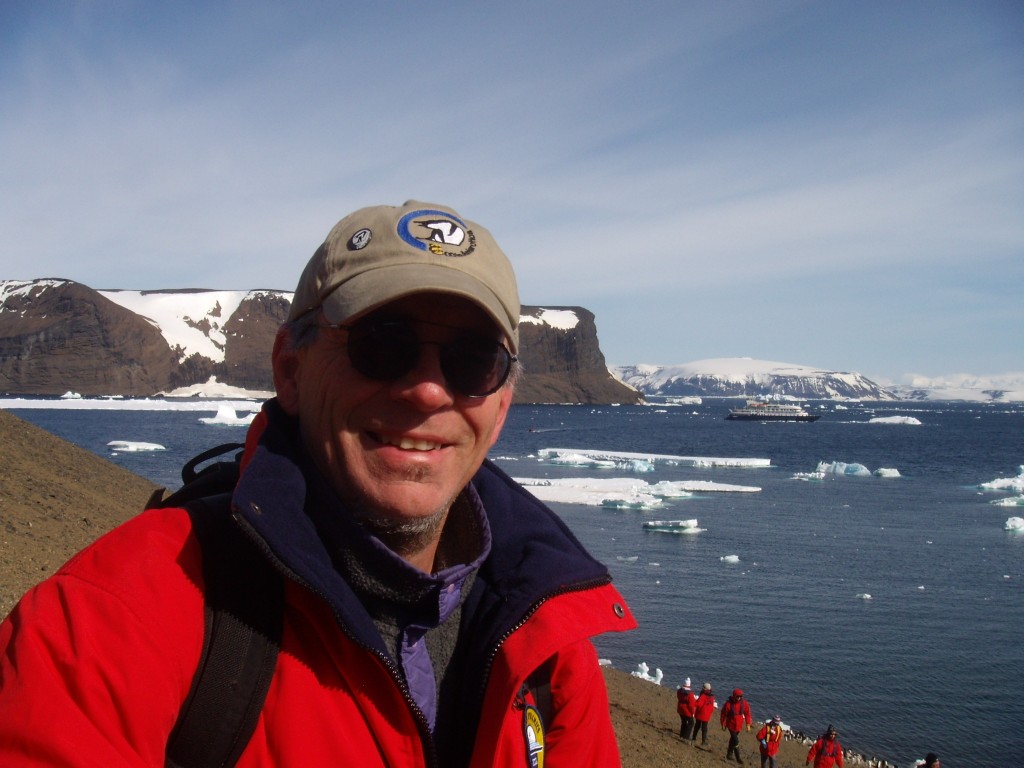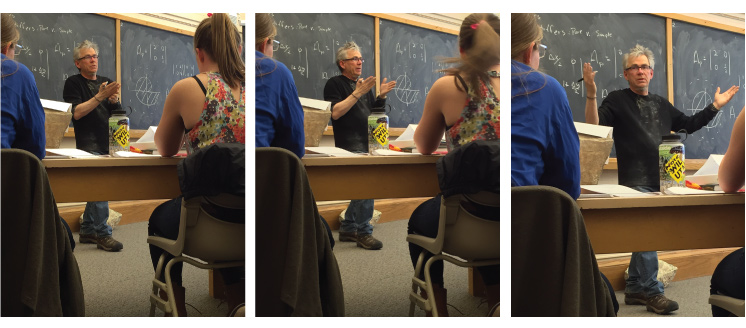B.S. 1979 University of Notre Dame
M.S. 1985 Tulane University
Ph.D. 1988 Tulane University
A member of the Mathematics faculty at Colorado College since 1988, Mike’s research interests are in commutative algebra, module theory, and history of mathematics. Soon after arriving at CC, Mike’s affinity for liberal arts teaching was affirmed when he received a National Science Foundation grant to create a young scholars workshop that engaged high school students with Great Problems in Mathematics, as a means to acquaint them with opportunities and habits of inquiry in Math. Working together with colleague Reinhard Laubenbacher, Mike was an innovator in the use of primary sources from the history of mathematics to motivate interest and understanding of mathematics by young students, with emphasis on those from groups underrepresented in STEM fields. On his most recent sabbatical leave, he applied related materials to teaching of the History of Mathematics capstone course at Montana State University, during his 2018-19 sabbatical leave at MSU.
The scope of Mike’s interests beyond Mathematics is broad. He reads voraciously across disciplines, and finds expression for these realms of learning in interdisciplinary courses such as, most recently, Re-enchanting the World: Reality in Ecological Perspective, developed jointly with theologian Philip Devenish. His long commitment to social justice is highlighted by a teaching position at Hales Franciscan High School in Chicago in 1982-84, his founding of the Amnesty International group at CC (1988), and his membership on the boards of the Colorado Springs’ Pikes Peak Justice (2008-11) and Peace Commission and American Civil Liberties Union chapter (2011-16).
Mike’s broad experience and intellectual interests were implemented during his term as Associate Dean of the Faculty, 2013 to 2018. Mike instituted elements of the Strategic Plan, put the Offices of Sustainability and Field Study in place, and guided the growth of the Collaborative for Community Engagement. He coordinated programs and promoted the academic development of new faculty and Riley Scholars, and supported the teaching and scholarly efforts of tenured faculty within Departments and Interdisciplinary programs.




